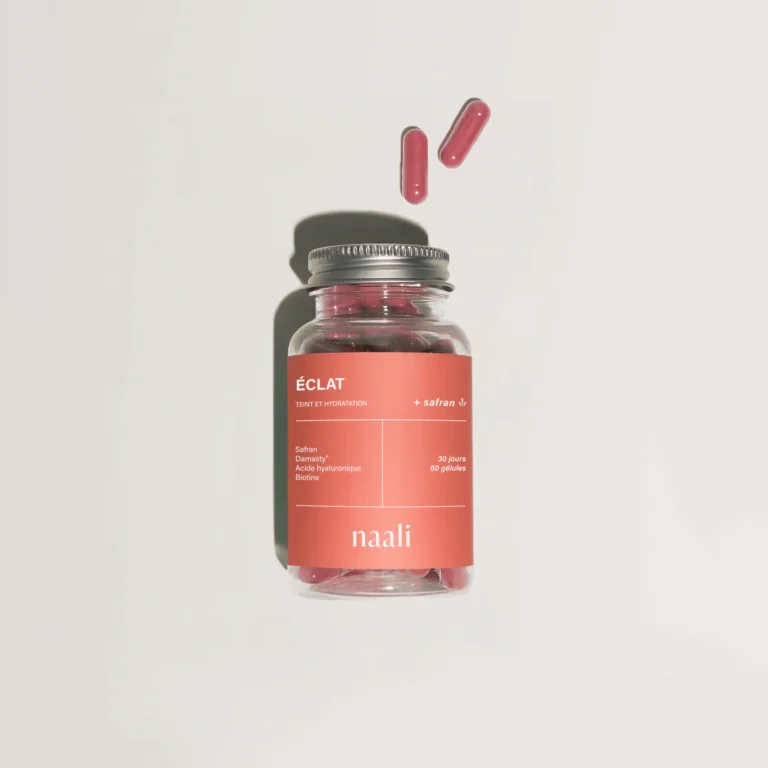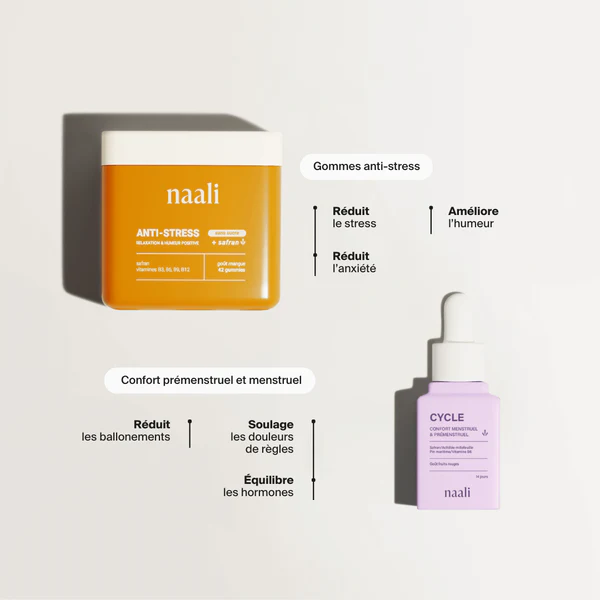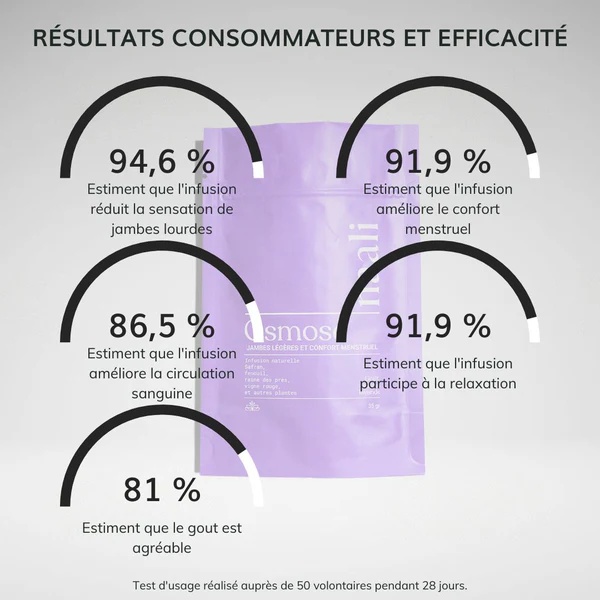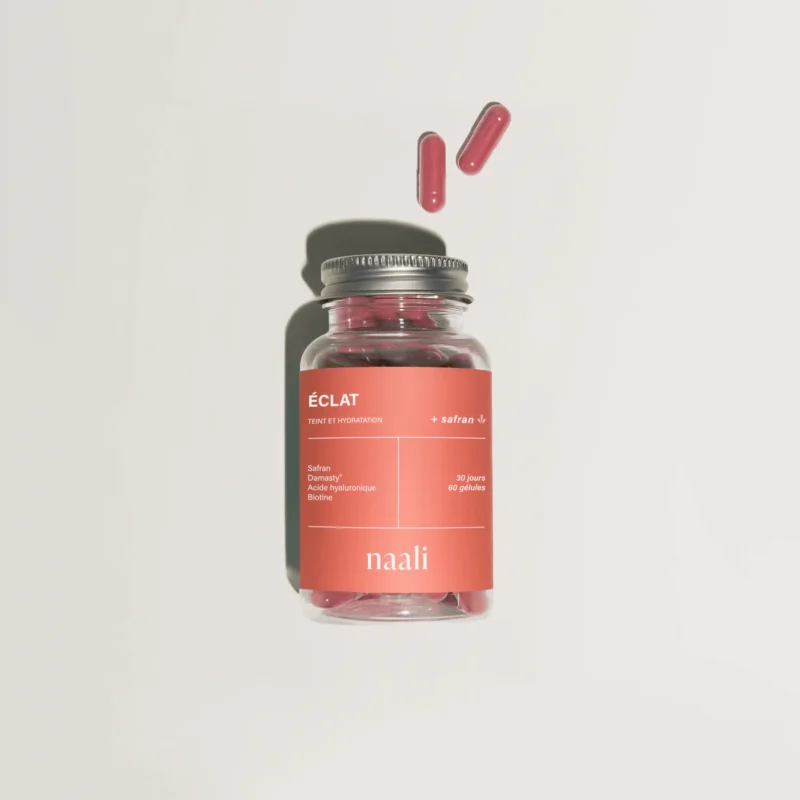The Unique (and Multiple) Roles of B Vitamins in Health and Well-Being


B vitamins are perhaps the most misunderstood of the essential vitamins. For starters, they’re water-soluble, meaning we get all the B vitamins we need from what we consume (food, drinks, supplements), and our bodies excrete the rest. This sometimes gives the impression that they’re not as important to the body, which is simply not true.
1. Health Benefits of B Vitamins
The eight B vitamins (collectively called the B complex) contribute to everything from brain health and mood to energy levels, cellular metabolism, DNA synthesis, methylation pathways, immune function, cardiovascular health, and even healthy aging and longevity. It’s no wonder we have daily requirements for these multitasking B vitamins.
At the cellular level, one of the main roles of B vitamins is to serve as essential coenzymes for the processing of fats, proteins, and carbohydrates. In other words, B vitamins are vital because they help convert food into energy for the countless complex reactions and activities in our bodies.
Thiamine (B1)
Thiamine was the first of the B vitamins to be discovered in the early 1900s (hence its nomenclature: B1).
Thiamine plays a very important role in glucose metabolism and is necessary for the synthesis of DNA, RNA, and ATP (the body’s primary energy source).
On a broader scale, its most important function is to provide energy to nerve cells (and for the production of neurotransmitters and myelin, the insulation around nerves) so that the brain and wider central nervous system can function efficiently.
Riboflavin (B2)
Riboflavin is also critically involved in the production of ATP from protein, fat, and carbohydrate metabolism; moreover, it is a major asset of the vitamin B complex, as it reduces the metabolism of vitamin B6 and folate, making them more available to the body.
If you’re looking to improve the health of your hair and skin, consider checking your B2 levels—riboflavin is also necessary for proper collagen production. (You need to consume the bioactive form of B2, called riboflavin-5-phosphate.)
Niacin (B3)
When incorporated with the essential coenzymes nicotinamide adenine dinucleotide (NAD) and nicotinamide adenine dinucleotide phosphate (NADP), niacin plays an important role in all cells. In fact, 400 enzymes require NAD to catalyze reactions in the body!
In addition to the all-important cellular energy metabolism, these niacin-dependent reactions also involve DNA metabolism and repair. Niacin also acts as an antioxidant and supports the heart by maintaining healthy LDL and HDL cholesterol levels.
Pantothenic acid (B5)
Pantothenic acid (along with niacin, thiamine, and riboflavin) plays a crucial role in the Krebs cycle, or citric acid cycle. This process involves a series of chemical reactions that generate energy for storage (ATP) by oxidizing acetate (aka acetyl-CoA), which comes from food.
Pantothenic acid is also involved in the structure and function of brain cells and in cardiovascular health.
Vitamin B6
Vitamin B6 (aka pyridoxal 5-phosphate in its active form) is essential for the production of neurotransmitters that signal a variety of pathways in the central nervous system, such as helping regulate emotions—these neurotransmitters include hormones like serotonin, dopamine, and gamma-aminobutyric acid (GABA). Translation? B6 is part of the team when it comes to having a balanced mood .
Speaking of collaborating, vitamin B6 is one of three B vitamins (along with folate and B12!) that play an important role in maintaining a healthy immune system by promoting lymphocyte migration in the gut. This vitamin B6 + B9 + B12 trio is also essential for a normal methionine cycle, healthy homocysteine levels, and daily methylation support.
Biotin (B7)
Biotin is best known for its beauty benefits—primarily for its role in supporting hair and nail growth (by promoting the production of keratin, the protein that makes up hair, skin, and nails).
However, it’s not just biotin that contributes to strong nails and shiny hair. Biotin is also essential for metabolic homeostasis: As a necessary cofactor for several carboxylase enzymes, it’s essential for fat synthesis, amino acid metabolism, and a sophisticated activity called gluconeogenesis (the production of glucose from non-carbon starting compounds, like fats and proteins).
Folate (B9)
Folate is responsible for several functions in the body, but it’s especially important during periods of rapid growth (like pregnancy) due to its crucial role in the proper growth and development of central nervous system cells.
However, pregnant women aren’t the only ones who need adequate folate levels.
Folate is involved in everything from DNA and RNA production to methylation and healthy homocysteine levels, which has major implications for heart and brain health. Speaking of methylation, the bioactive and most important form of folic acid in supplement form is 5-methyltetrahydrofolate (5-MTHF), so look for it in high-caliber B-complex formulations.
This B vitamin is also necessary for normal red blood cell synthesis, which affects oxygen and nutrient delivery throughout the body (and therefore energy levels). And as we mentioned earlier, folate (along with vitamins B6 and B12) also supports the immune system by helping regulatory T cells survive in the small intestine.
Vitamin B12
Finally, we have vitamin B12. The highest concentrations of B12 are found in animal products, making adequate intake of this essential vitamin a popular topic of discussion among plant-based communities. (Spoiler alert: It’s entirely possible to avoid animal products and get enough B12 from food and/or a quality supplement.)
Vitamin B12 supports protein synthesis as well as fat and carbohydrate (i.e., energy ) metabolism. This micronutrient also works closely with folate to carry out DNA synthesis and red blood cell synthesis. Regarding immune health, vitamin B12 is used as a cofactor for metabolic pathways in the gut microbiome.
And like folate, sufficient vitamin B12 (in its bioactive form, methylcobalamin) is a non-negotiable element for normal methylation pathways and homocysteine levels, a biomarker with important implications for whole-body health.
The essential.
As you can see, B vitamins are essential for overall health and well-being through a number of critical daily functions throughout the body.

Serenity – Anti-stress adaptogenic food supplement with saffron Discover the anti-stress powers of saffron in delicious natural gummies.

Serenity is a powerful dietary supplement that includes 4 of the eight B vitamins that make up the B complex (all in their most bioactive forms described above) , plus saffron, an adaptogenic herb that strengthens your body in the face of stress.
If you’re looking for energy, mood, calmness, and more, all in the simple form of two daily gummies, you’ve found the right supplement!







































